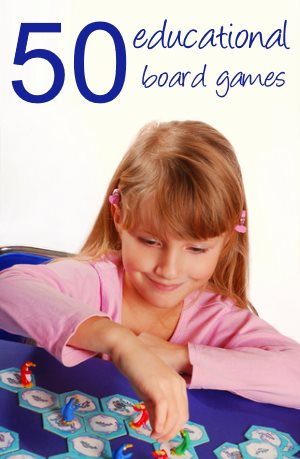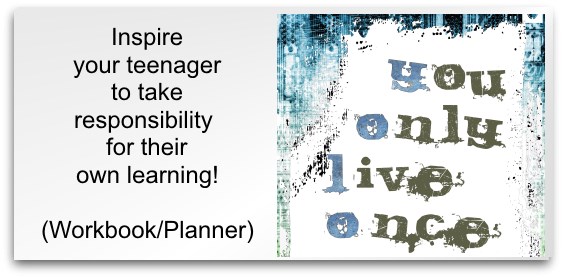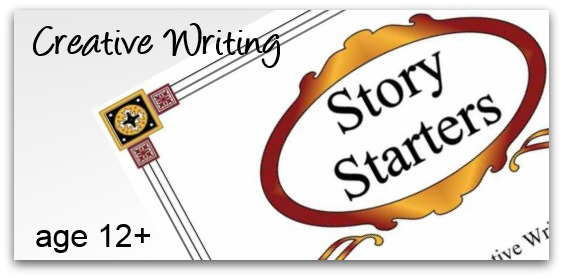Sports Fitness Activities for Kids
Home >> Sports Activities >> Sports Fitness Activities for Kids
Got a budding athlete? All round fitness can greatly help in sports, but what are the best fitness activities for kids?
Homeschooling-ideas talks to Brian Grasso. Known as 'America's Youth Fitness Coach', Brian spends all his time training young athletes, children with disabilities and those encumbered with body weight concerns.
He has authored two books on the subject and was recently featured in Newsweek magazine for his work in youth fitness and sports training. He has also been named as one of the 'Top 100 Trainers in America' by Men's Health magazine.
Here is what Brian says about developing the all round athlete with fitness activities for kids!
Sports all Kids Should Play
by Brian Grasso
One of the questions that I get asked most routinely is which sports I believe offer the best development capacity to young athletes.
This is a loaded question for several reasons...
First of all, ANY sporting activity lead by a quality-based coach is wonderful for kids.
That being said, the true crux and efficacy of that statement is based largely on the 'quality-based coach' comment.
It is only when poorly educated and over zealous parents and coaches (i.e. adults) get involved too heavily in youth sports that the experience can become sour. Parents often push too hard and seek success at a young age; coaches often are limited in their understanding of developmental science and routinely 'drill' kids with 'sport specific' (I hate that phrase) exercises that are too narrow in scope (not to mention that many youth sport coaches don't know how to TEACH specific aspects of movement or speed and yet get annoyed when their athletes don't perform a given drill to a high enough standard).
One the most prominent and problematic realities of the above comments is that there don't seem to be many (any?) outlets for kids just to play anymore.
Every young sporting activity is a life or death struggle that MUST climax in a victory... heaven forbid we actually teach developmentally sound skills in a fun and energetic way in order to promote a wholeness to our youths development - which by the way should include emotional stability (for instance highlighting the skills gained in a given season rather than the 'wins' and trophies accrued) and mental stimulation (in the form of engaging life lessons that instill a lifelong love for physical activity rather than a win-at-all-costs mentality which can burden kids with various complexes for years).
Having said that, I encourage parents to remove the desire to watch their 8 year olds win the weekend tournament; I encourage coaches to remove there 'Lombardi' hats when they walk into a practice or game situation; I also encourage strength and conditioning coaches to remove there yearning to 'test' young athletes from a biomotor perspective and look only to increase a child's ability from a performance outlook.
In fact...
My message is simple...
Play sports seasonally.
Find coaches and programs that highlight skill acquisition rather than victory.
Find trainers who do the same - work towards instilling skills into kids rather than creating performance markers.
So, here than are my top four sports that all kids should play (in no particular order)-
Soccer
In most parts of North America, kids lack foot dexterity and soccer is a wonderful natural enhancer of both foot dexterity and foot-eye coordination. Don't pigeon hole this ability as only necessary for soccer either. Remember, the crux of developing a 'whole' athlete is to engross them in as much athletic stimulus as possible at a young age. Increased foot dexterity will, in time, round out a youngsters overall ability and allow them to progress in there 'chosen' sport more proficiently.
Additionally, although many North Americans find soccer to be 'boring' (although I will need an explanation on how soccer is boring, but baseball and golf are America's pastimes) it is a wonderfully athletic and tactical-based sport. Sudden bursts of explosive power, change of direction, looking two plays ahead, playing a 'forcing' based defense in which the defender uses their body/skills to change what the offensive player wanted to do - these are fantastic athletic lessons that can be filed away in the nervous system and used at a later point in any sporting activity.
Swimming
Unloaded shoulder and hip mobility adds a great deal of pliability to the frame of a young athlete. With so many injuries occurring due to restrictions and tightness in kids (yes... I do believe wholeheartedly that many of the youth sport injuries we see annually throughout the world could be prevented with a simple and basic increase in both systemic strength and mobility) hip and shoulder mobility initiatives are crucial.
Additionally, kinesthetic differentiation is a physical skill lacking in many kids (this refers to the knowledge of how much force is necessary to produce a desired result). My opinion on this matter is simple - everything we tend to do with kids, both in sport and training, is based on maximal efforts. In our zeal to search for those 'performance markers', we overlook the notion that sub-maximal efforts are both developmentally sound and build certain physical qualities not seen in high force-based outputs. Swimming is the essence of building kinesthetic differentiation - kids simply won't last long in a pool if they put as much force as possible into every stroke.
Martial Arts
Almost every martial art I am familiar with is based on skill acquisition as a primary marker. Not only is that mentally and emotionally good for a child, but it infers the teaching of patience and 'enjoying the journey' rather than 'searching for the destination'.
While a great deal of martial arts practices in North America have become watered down (8 year olds earning black belts - if you knew anything about traditional martial arts, you know how ridiculous that is), most organizations I am familiar with teach a wonderful style of patient skill development and discipline.
Athletically speaking, dynamic flexibility, end-range systemic strength, mobility, spatial awareness - the physical ability built through martial arts is awe-inspiring and can apply to any sport.
Gymnastics
Again, the physical elements that can be built through gymnastics are amazing - spatial awareness, flexibility, relative strength, dynamic and static balance - the list goes on.
If for no other reason, the ability to know where you are in space and take a fall 'well' is a required skill for any sport.
So... there's my list.
Don't get me wrong, the list is nothing without a quality coach at the helm of each of these respective sports. Martial arts instructors for instance, are often archaic in their knowledge of warm-up design as are gymnastic coaches in their practices of flexibility enhancement. Having said that, good coaches do exist and I urge you as a parent to find them. I also encourage trainers to seek out joint venture partnerships with quality coaches and augment a child's development with solid strength and skill acquisition-based training habits.
Play soccer in the autumn.
Swim in the summer.
Participate in martial arts through the winter.
Take gymnastics in the spring.
Mix in some developmental training and play other sports recreationally for interest and development sake (basketball and baseball for example).
By the age of 13 - 14, you'll have a solid athlete with limited injury who understands sport tactics and is strong, mobile and flexible...
Not a bad place to be!
Brian is the Founder and CEO of the International Youth Conditioning Association and can be contacted through his website - www.DevelopingAthletics.com
Article Source: Ezine Articles - Brian Grasso

Many thanks to Brian for outlining his sports fitness activities for kids.
Want more fitness activities for kids? Try these Kids Sports Activities.
Creative Homeschooling
Click below now to get inspired!
Homeschool PE
Fun Activities for Kids
Leave Fitness Activities for Kids for Homeschooling-ideas Home
Lovely messages sent from visitors like you:
Oh my goodness! I am a home schooling mum of 4 and I have NEVER found a better site! Thank you so much.
Blessings, Jenny (New Zealand)
I wanted to say THANK YOU for your fabulous website. I found your website, and finally I have the confidence to take the plunge and take my daughter out of school and educate her at home, thank you, thank you.
Marina (UK)
I cannot get over how much great information and super ideas you have here. Fantastic!
Ruralmama (USA)
This is simply fabulous!! I just now found this site and I'm so excited!! The opportunities and suggestions as well as the need to inspire are exactly what I have been searching to fulfill!! I'm so thrilled to get started and even more excited to continue to explore all of the fabulous suggestions and creative ideas you have offered here!!! Thank you, thank you, thank you!
Jennifer (USA)













